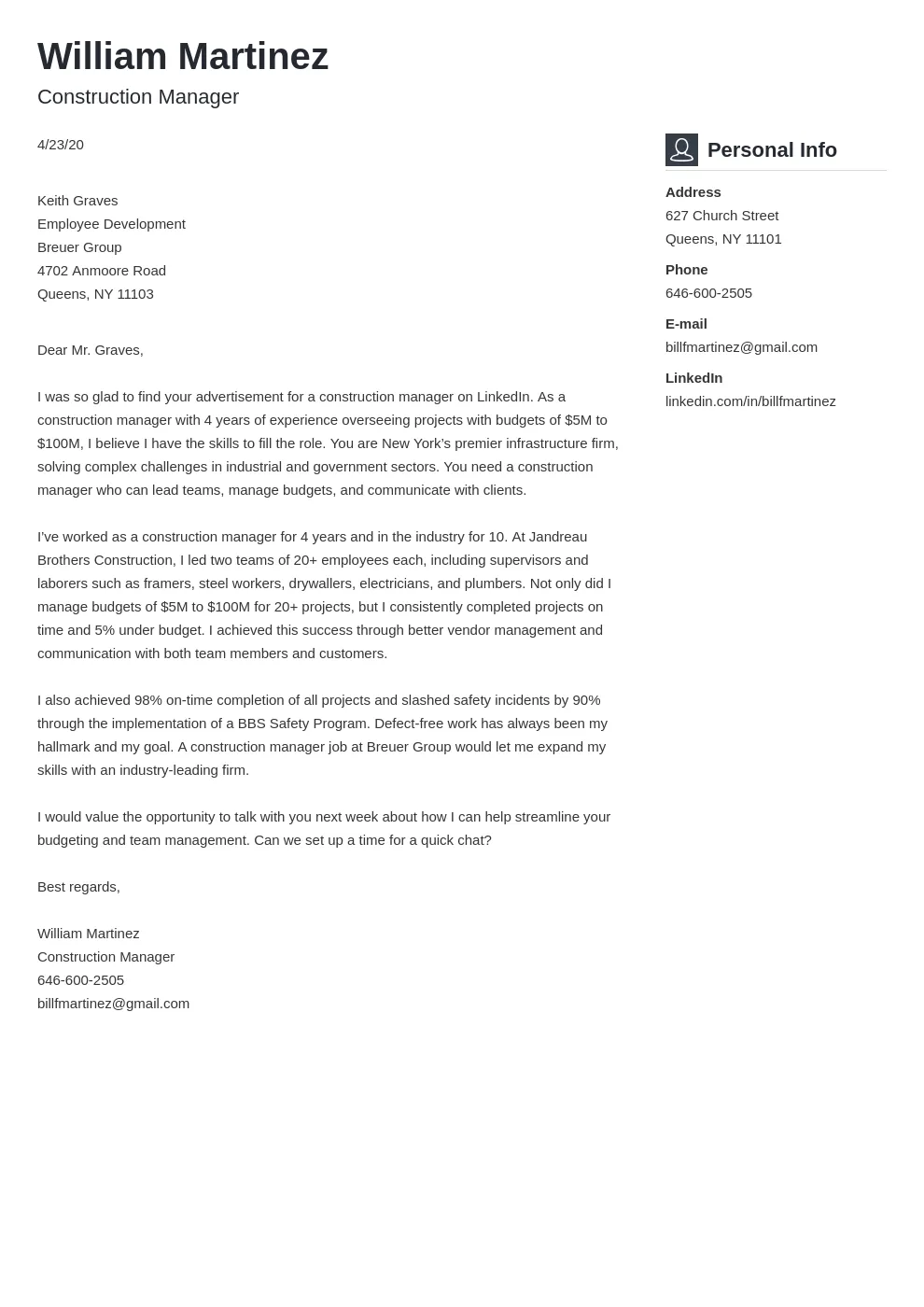In the competitive world of job applications, a well-crafted cover letter can be the key that unlocks the door to your dream job. It’s your first introduction to a potential employer, a chance to showcase your personality, and explain why you’re the perfect fit. This guide provides a comprehensive approach to cover letter construction, transforming a simple document into a powerful tool for career advancement. We’ll dive deep into the essential elements, formatting tips, and industry-specific examples, arming you with the knowledge to create a cover letter that truly stands out.
Why a Powerful Cover Letter Matters
A strong cover letter is more than just a formality; it’s a crucial part of the application process. It’s your chance to make a positive first impression and set yourself apart from other candidates. It provides context to your resume and allows you to personalize your application, which is important when constructing a cover letter. A well-written letter demonstrates your communication skills, attention to detail, and genuine interest in the position. By investing time and effort in your cover letter, you increase your chances of getting an interview.
First Impressions That Count
Your cover letter is often the first thing a hiring manager sees. Therefore, make sure to make a good impression from the get-go. This is not only about the words you choose but also how you present them. The letter should be well-formatted, free of errors, and easy to read. A cluttered or poorly written cover letter can send the wrong message, signaling a lack of attention to detail or a lack of effort. A polished cover letter demonstrates professionalism and respect for the opportunity.
Understanding the Purpose of a Cover Letter
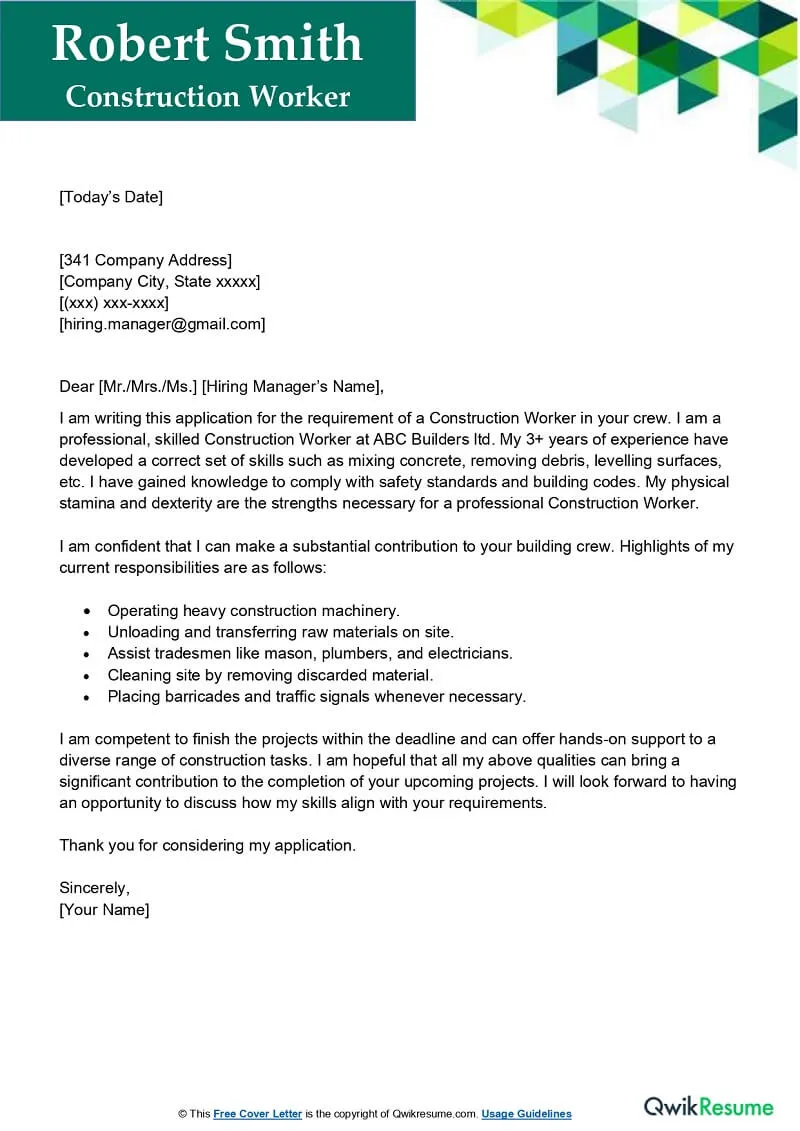
The main goal of a cover letter is to introduce yourself and explain why you’re the ideal candidate for the job. It should complement your resume by providing additional information and context. Use it to highlight your most relevant skills, experiences, and achievements. Demonstrate your understanding of the company’s needs and explain how you can contribute to their success. A clear and concise cover letter should highlight your value proposition and convince the hiring manager to read your resume and invite you for an interview.
Key Components of a Cover Letter
A well-structured cover letter follows a clear format, including a professional header, an engaging opening, a compelling body, and a strong closing. Each section serves a specific purpose, working together to present a comprehensive overview of your qualifications and enthusiasm. Following a standard format helps you organize your thoughts and ensures that you don’t miss any crucial details. Let’s explore the essential parts of the cover letter and what to include in each section.
Contact Information & Date
Start your cover letter with your contact information at the top, including your name, address, phone number, and email. This makes it easy for the hiring manager to contact you. Below your information, include the date and the recipient’s contact information, such as the hiring manager’s name, title, company name, and address. This adds a personal touch and shows that you’ve done your research.
Addressing the Hiring Manager
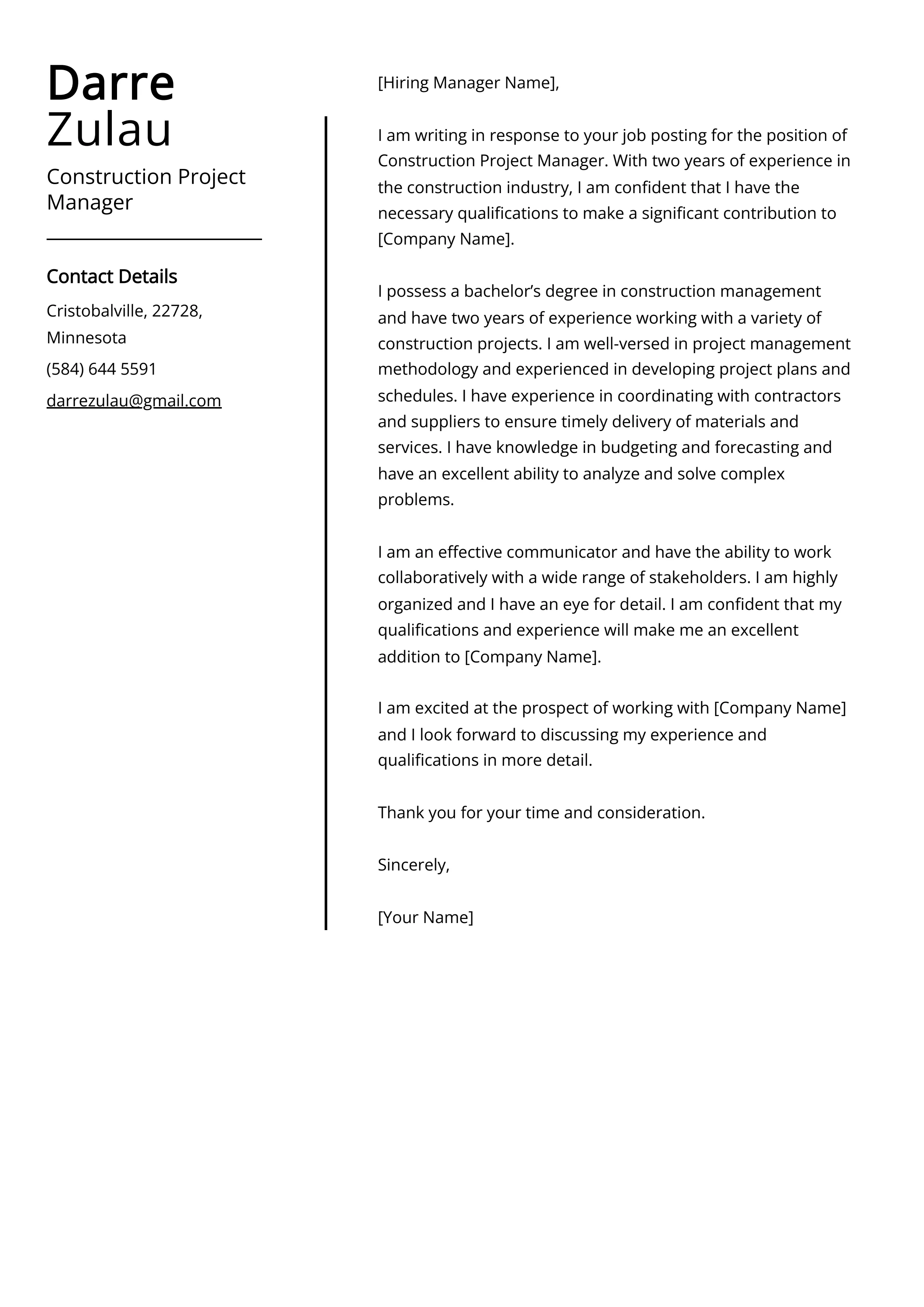
Always address the hiring manager by name whenever possible. This shows that you’ve taken the time to research the company and personalize your application. If you can’t find the hiring manager’s name, use a professional salutation, such as “Dear Hiring Manager” or “Dear [Company Name] Team.” Avoid generic greetings like “To Whom It May Concern,” which can make your application seem impersonal.
Opening Paragraph Crafting
Your opening paragraph is your hook. It should immediately grab the hiring manager’s attention and encourage them to read on. State the position you’re applying for and where you saw the job posting. Briefly mention why you’re interested in the role and the company. Consider starting with a strong statement about your skills or a compelling achievement related to the job. Make sure that your first paragraph creates enthusiasm to encourage the recruiter to read further.
Highlighting Skills and Experiences
The body of your cover letter should highlight your relevant skills and experiences. Match your qualifications to the job description, providing specific examples of how you’ve demonstrated those skills in the past. Use the STAR method (Situation, Task, Action, Result) to illustrate your accomplishments and quantify your achievements whenever possible. Focus on quality over quantity, selecting your most impressive and relevant experiences.
Quantifying Your Achievements
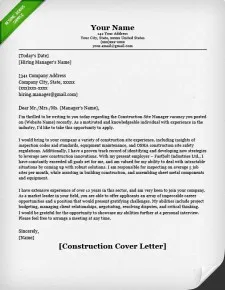
Whenever possible, use numbers and data to quantify your achievements. This adds credibility and shows the impact you’ve made in previous roles. For example, instead of saying “Managed social media accounts,” say “Increased social media engagement by 30% within six months.” Quantifiable results make your claims more persuasive and show the hiring manager the value you can bring to their company. When constructing your cover letter, try to use numbers to make it more impactful.
Tailoring to the Job Description
Customize your cover letter for each job application. Read the job description carefully and identify the key skills and qualifications the employer is seeking. Then, highlight the experiences and achievements that align with those requirements. This shows that you understand the company’s needs and are a good fit for the role. Avoid using a generic cover letter; personalization is key to showing your interest.
Expressing Enthusiasm and Fit
Express your enthusiasm for the position and the company. Explain why you’re interested in this specific opportunity and what attracts you to the organization. Research the company’s mission, values, and recent projects. Show the hiring manager that you’ve done your homework and that you share their vision. Let your personality shine through, but maintain a professional tone throughout your cover letter to show that you are excited for the role.
Closing the Cover Letter Effectively
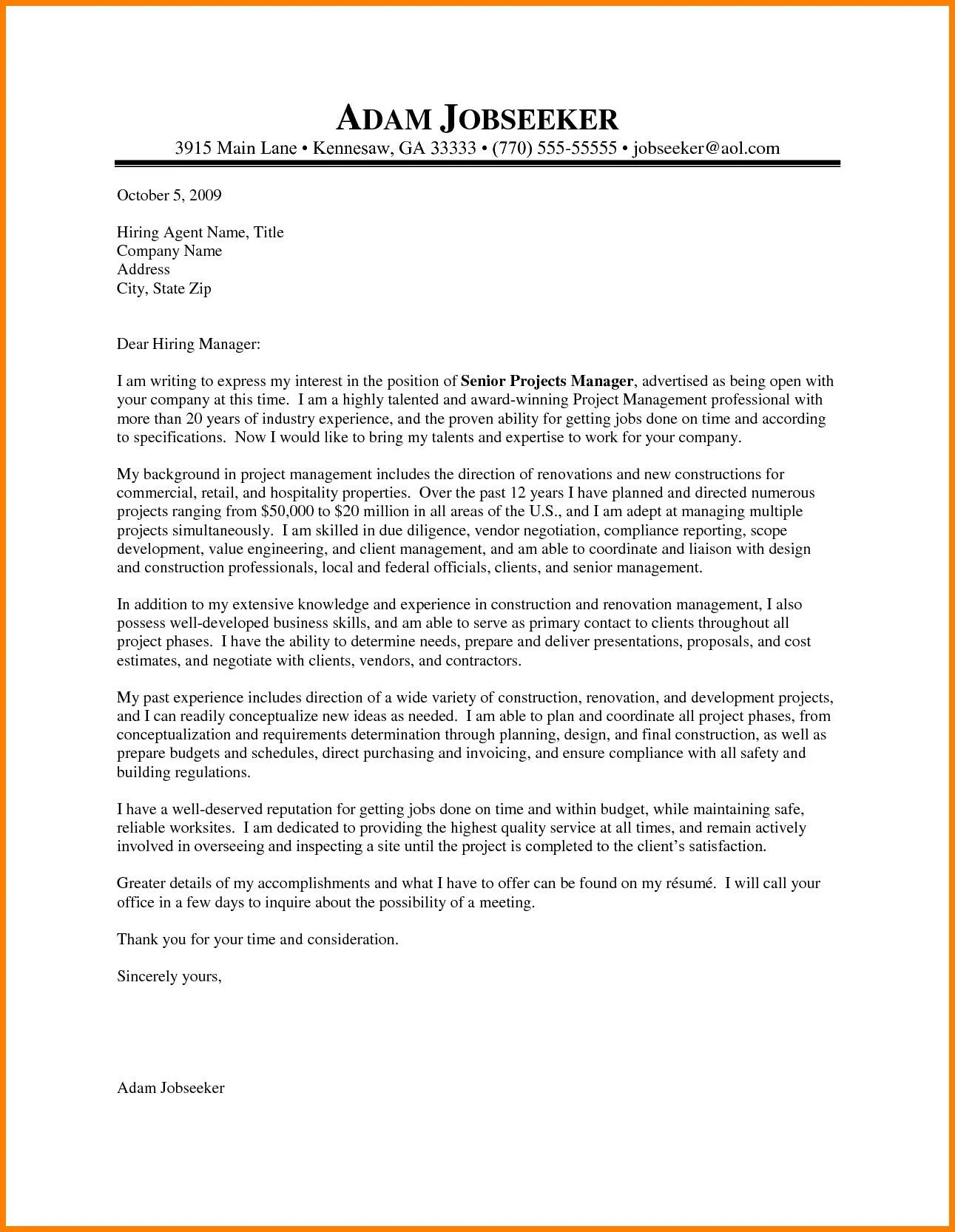
Your closing paragraph should reiterate your interest in the position and thank the hiring manager for their time and consideration. Summarize why you’re the best fit for the role and express your eagerness to discuss your qualifications further. Keep it concise and professional. This is also your chance to include a call to action, encouraging the hiring manager to take the next step.
Call to Action
Include a clear call to action, such as “I am eager to discuss my qualifications further in an interview” or “I look forward to hearing from you soon.” This prompts the hiring manager to take the next step in the hiring process. Make it easy for them to contact you by including your phone number and email address again.
Formatting and Proofreading Essentials
The way your cover letter looks is just as important as what it says. Proper formatting and careful proofreading show that you pay attention to detail and value professionalism. Follow these guidelines to ensure your cover letter is polished and error-free.
Choosing the Right Font
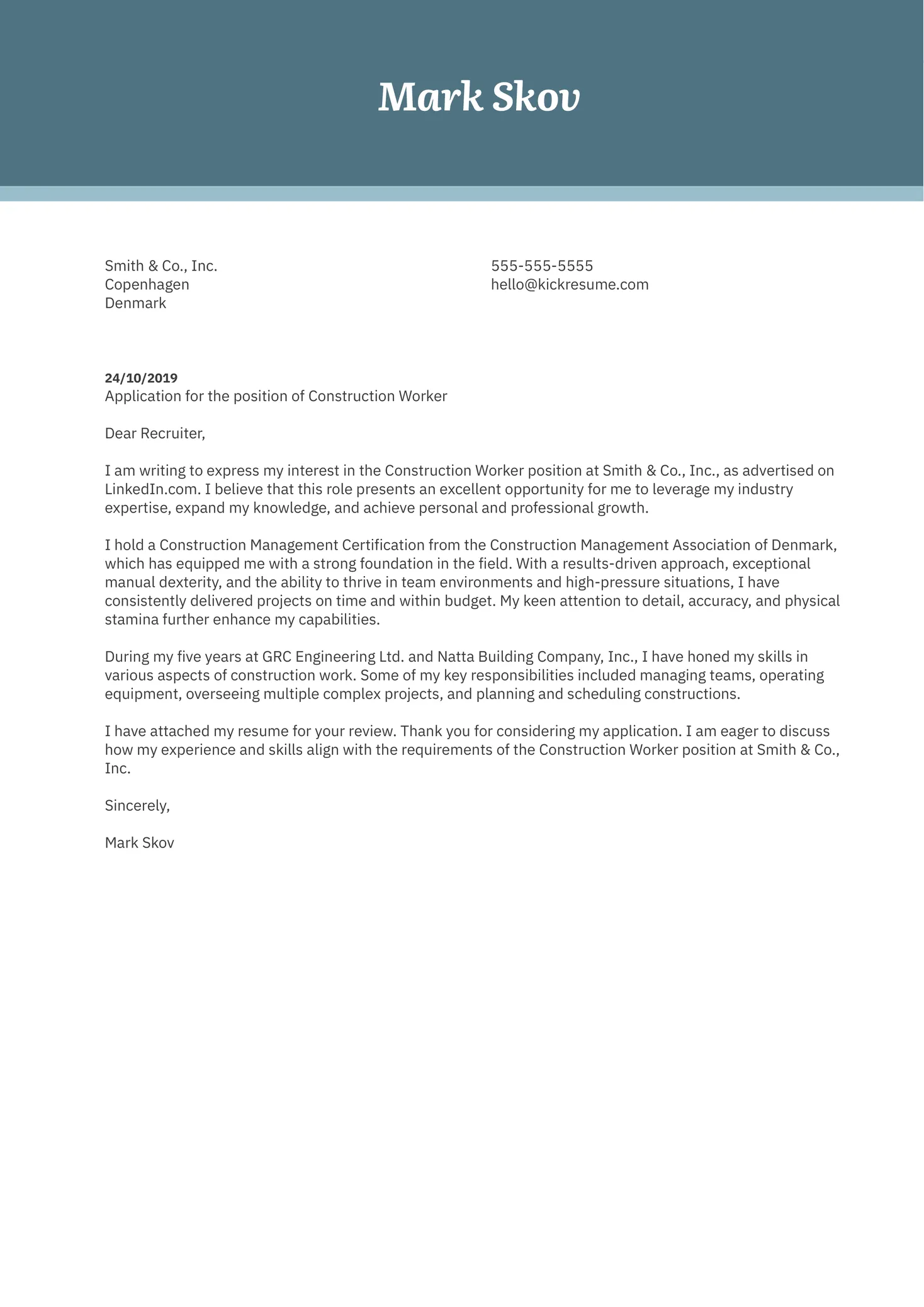
Select a professional and easy-to-read font, such as Times New Roman, Arial, or Calibri. Use a font size between 10 and 12 points. Avoid using overly decorative or unusual fonts, which can be distracting. The goal is to make your cover letter visually appealing and easy for the hiring manager to read quickly and understand.
Formatting for Readability
Use a clear and consistent format throughout your cover letter. Use single spacing within paragraphs and double spacing between paragraphs. Use left alignment and avoid justifying the text. Use bolding or italics sparingly, and use bullet points to break up large blocks of text. Ensure that your cover letter is easy to scan and read quickly. It will allow the recruiter to easily understand your skills.
Proofreading and Editing for Errors
Thoroughly proofread and edit your cover letter before submitting it. Check for spelling, grammar, punctuation, and formatting errors. Read your cover letter aloud to catch any awkward phrasing or sentences. Ask a friend or family member to review your cover letter for a fresh perspective. A cover letter with errors reflects badly on you.
Cover Letter Examples by Industry
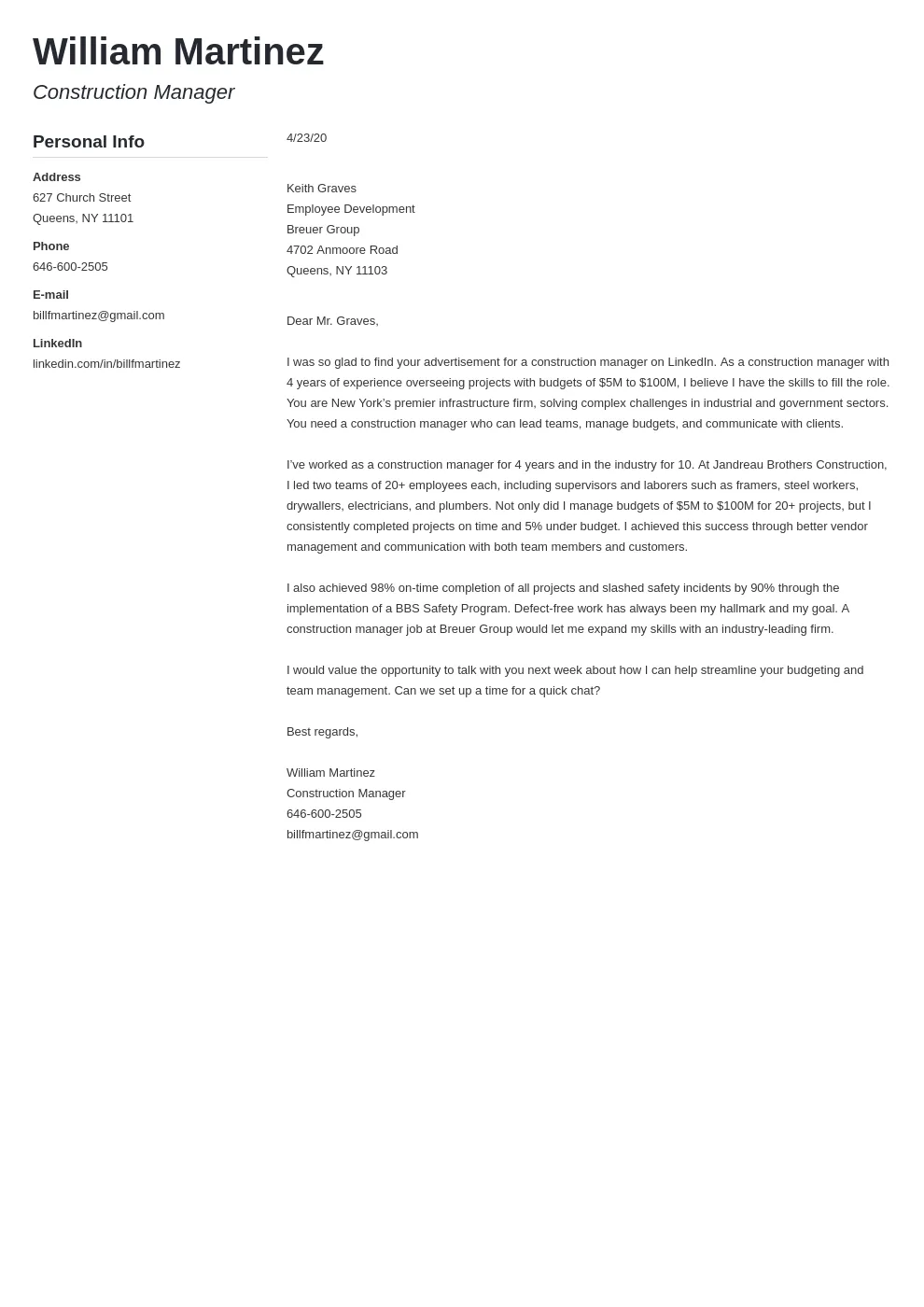
Different industries often have different expectations for cover letters. Tailoring your cover letter to the specific industry can significantly increase your chances of success. Research industry standards and review examples of successful cover letters to guide your writing. Here are some examples for the tech, marketing, and finance industries.
Tech Industry Cover Letter Example
A tech industry cover letter should highlight your technical skills, project experience, and contributions. Focus on quantifiable achievements and your ability to solve problems. Demonstrate your understanding of the company’s products or services and your passion for technology. Showcase your problem-solving skills, and your experience in the technology field to attract the attention of the recruiter.
Marketing Cover Letter Example
A marketing cover letter should showcase your creativity, communication skills, and ability to drive results. Highlight your experience with marketing campaigns, data analysis, and brand management. Use compelling language and demonstrate your understanding of marketing principles. Show your passion for the industry and your knowledge of marketing trends.
Finance Cover Letter Example
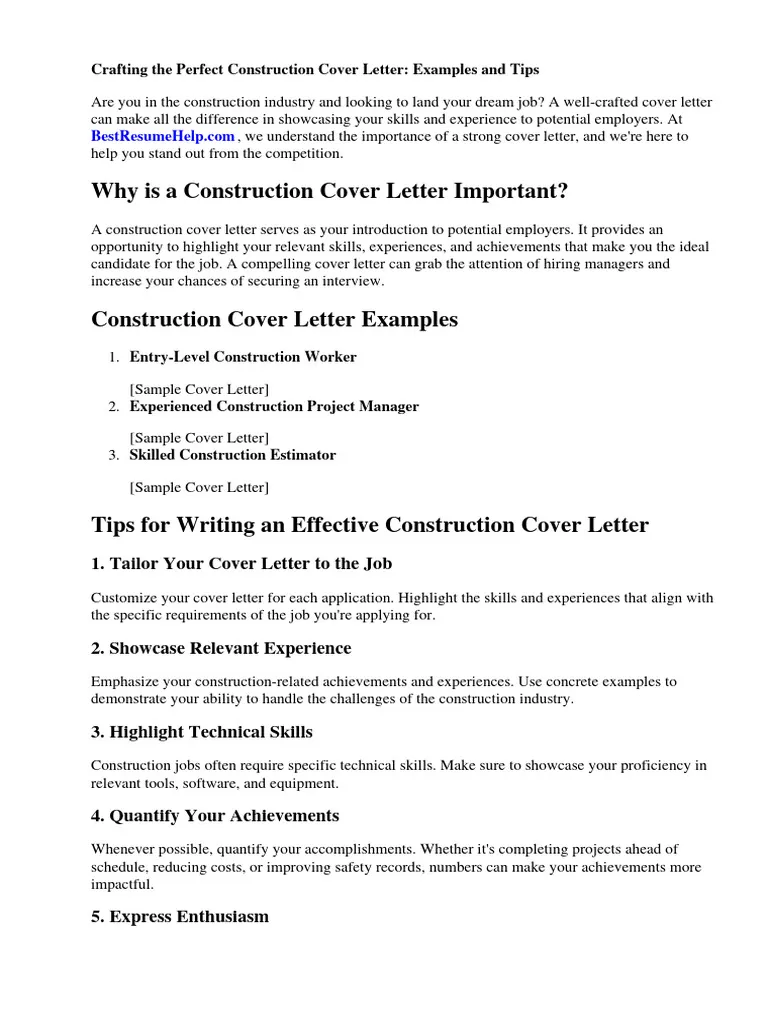
A finance cover letter should emphasize your analytical skills, attention to detail, and financial expertise. Highlight your experience with financial modeling, data analysis, and risk management. Use precise language and demonstrate your understanding of financial principles. Focus on your ability to manage financial data to solve problems and provide valuable insights.
Avoiding Common Cover Letter Mistakes
Avoid these common mistakes to ensure your cover letter stands out for all the right reasons. These errors can undermine your application and decrease your chances of getting an interview. Be mindful of these common pitfalls and revise your cover letter carefully.
Generic Cover Letters
Avoid sending generic cover letters that could apply to any job. Tailor your cover letter to the specific job description and the company’s needs. Demonstrate your interest and understanding of the role by referencing specific details from the job posting. Generic letters show a lack of effort and do not demonstrate your sincere interest in the role. By tailoring each cover letter you can get noticed by the recruiters.
Typos and Grammatical Errors
Typos and grammatical errors can immediately undermine your credibility. Proofread your cover letter carefully for any mistakes. Use a grammar checker, and ask a friend or family member to review it. Errors can signal a lack of attention to detail and professionalism. Errors make your application less impactful. Make sure the letter is impeccable.
Overused Phrases and Clichés
Avoid using overused phrases and clichés, which can make your cover letter sound generic. Instead, use original language and showcase your unique personality. Be direct and concise in your writing. Use clear and specific examples to demonstrate your qualifications.
Review and Refinement
Writing a powerful cover letter is an iterative process. After writing your first draft, take the time to review, revise, and refine your cover letter. Make sure to tailor your cover letter to the specific job description and company, as well as for maximum impact. Review your cover letter again to catch any missed errors. By investing time and effort into constructing your cover letter, you can significantly increase your chances of landing your dream job.
By following these guidelines, you can craft a powerful cover letter that showcases your skills, experiences, and personality. Good luck with your job applications!
